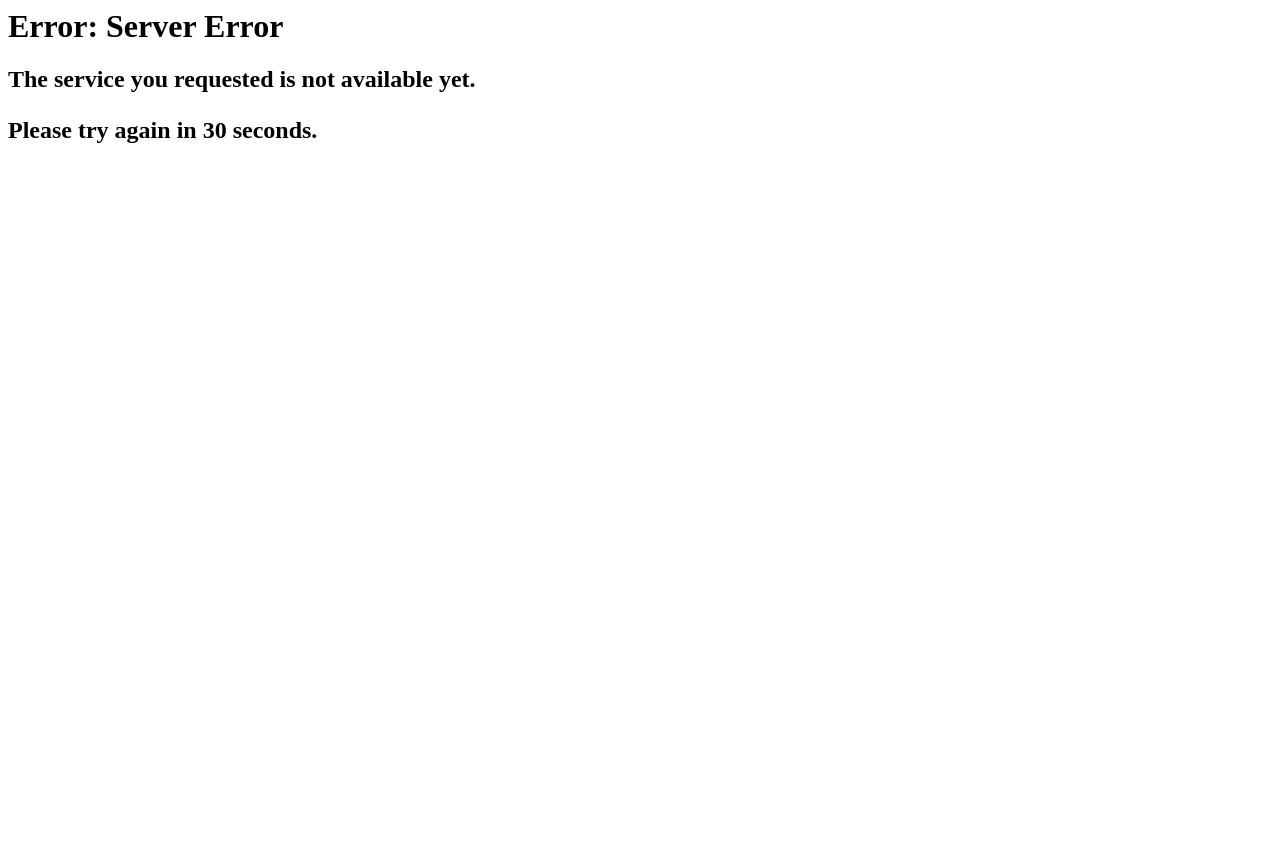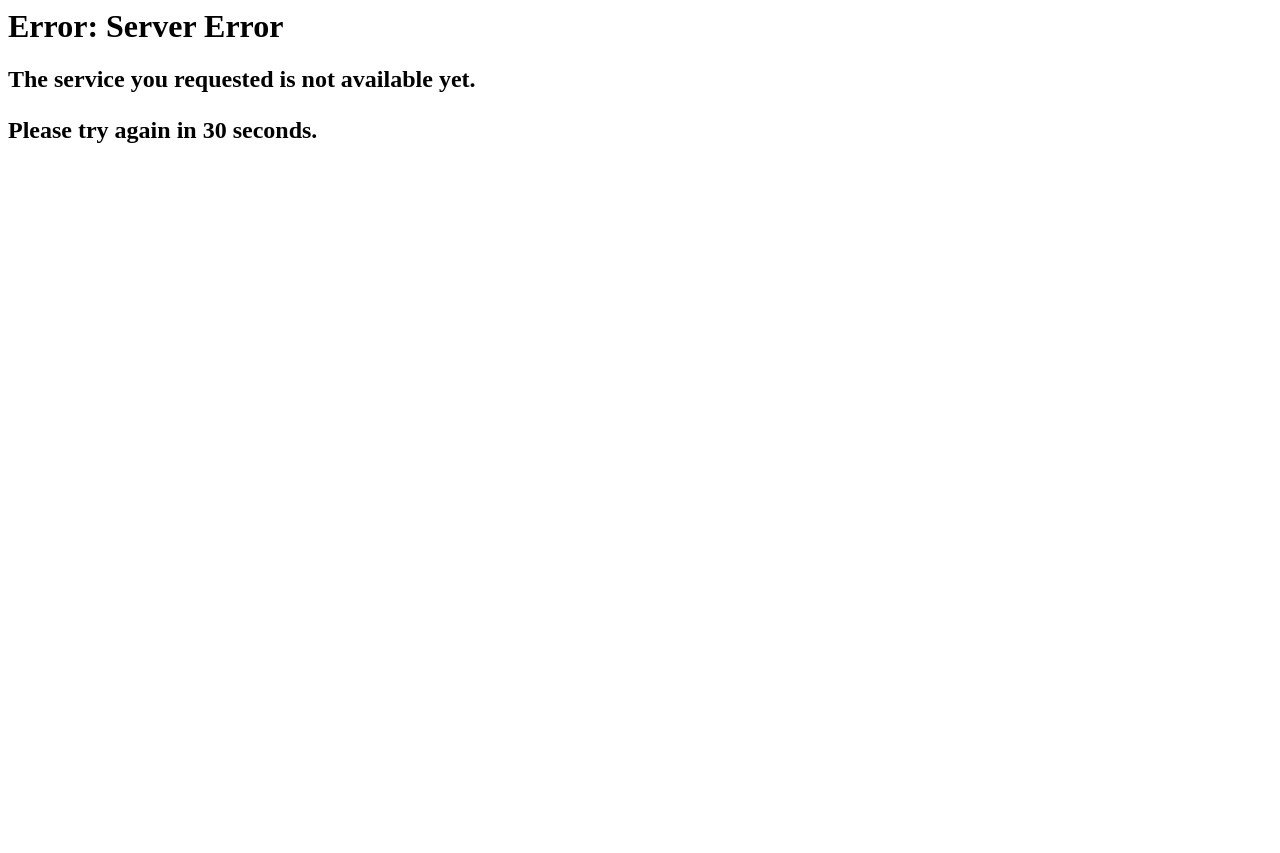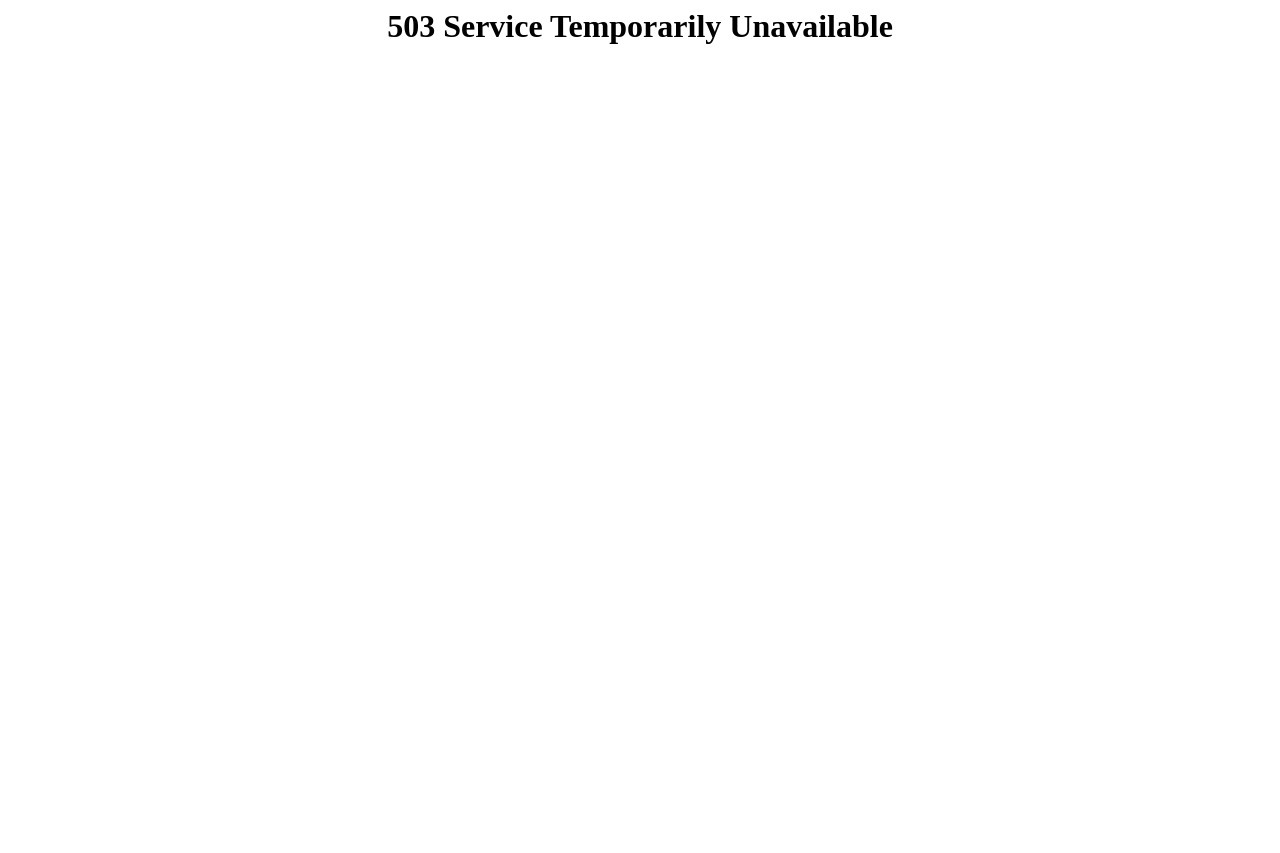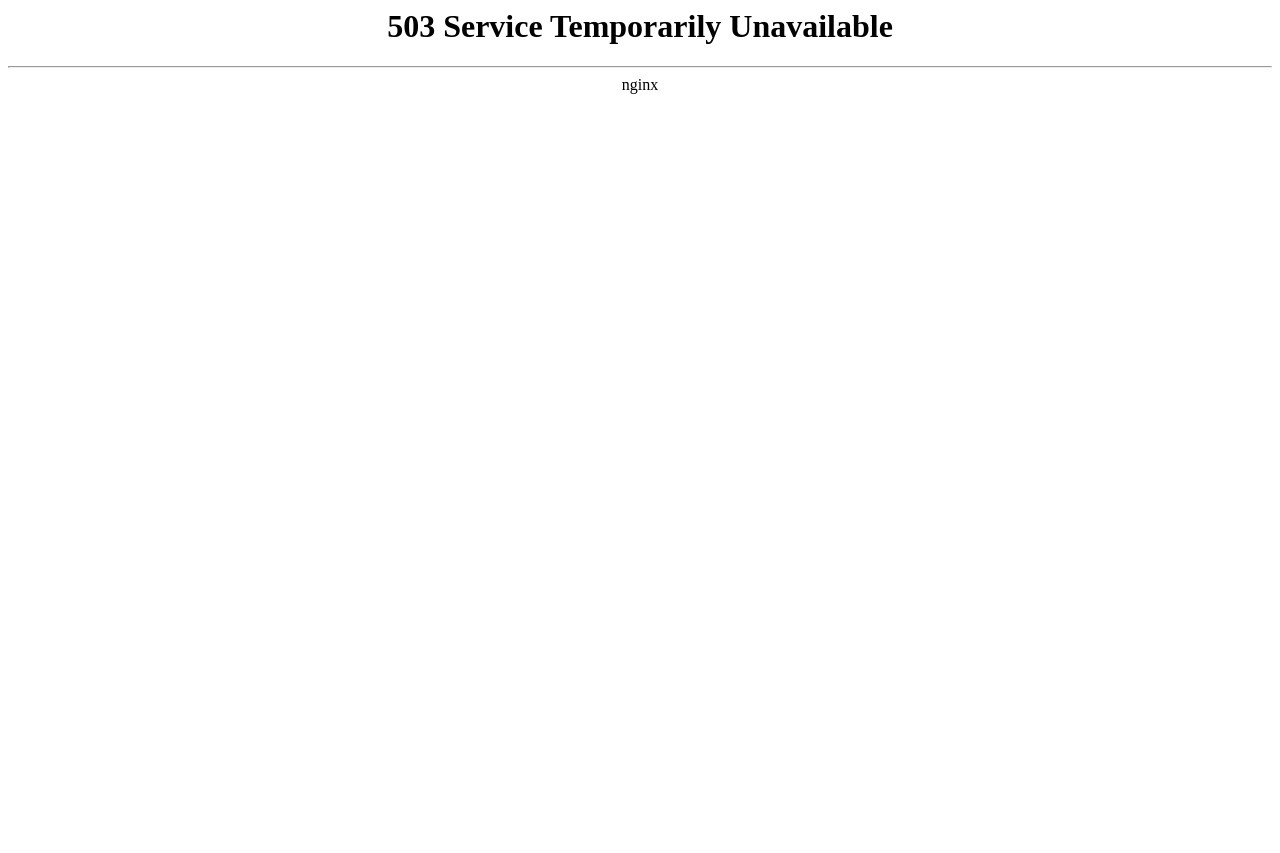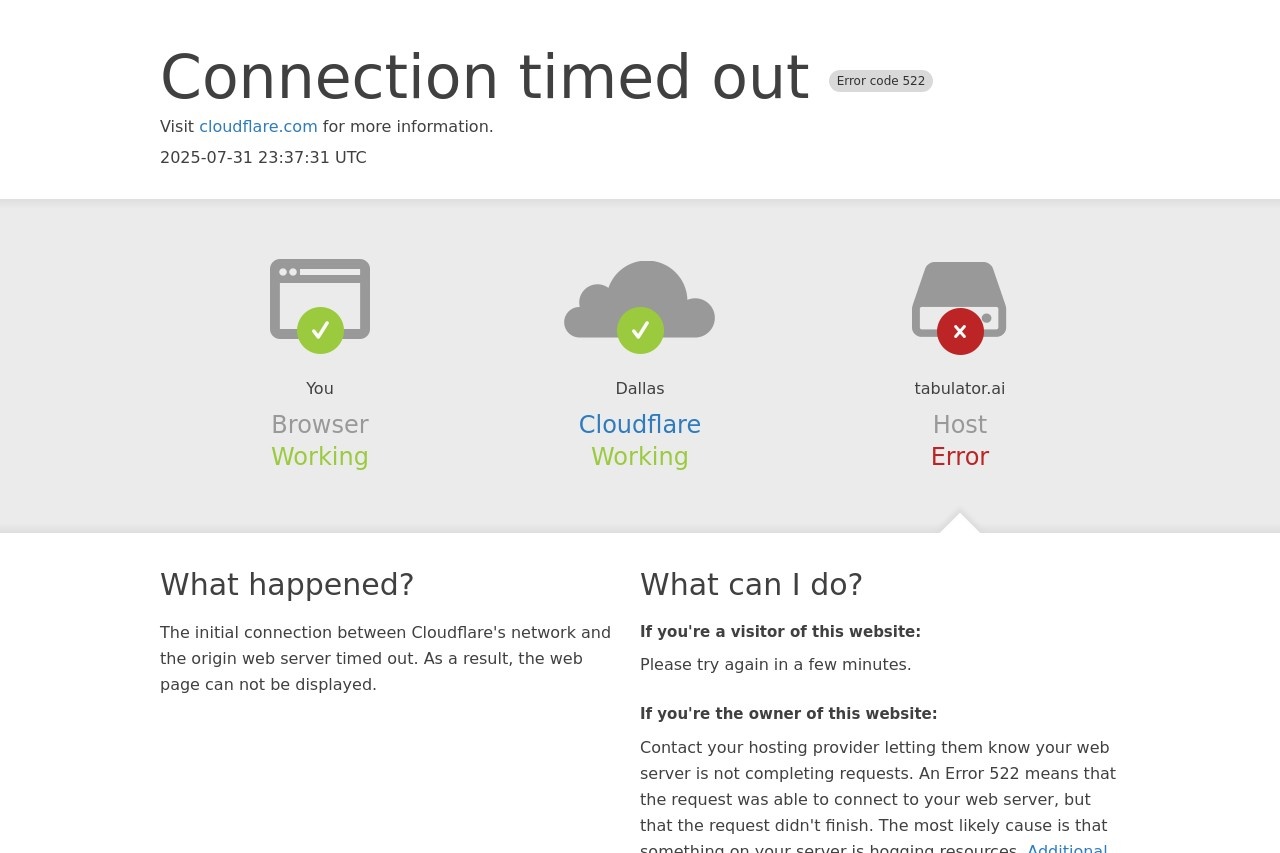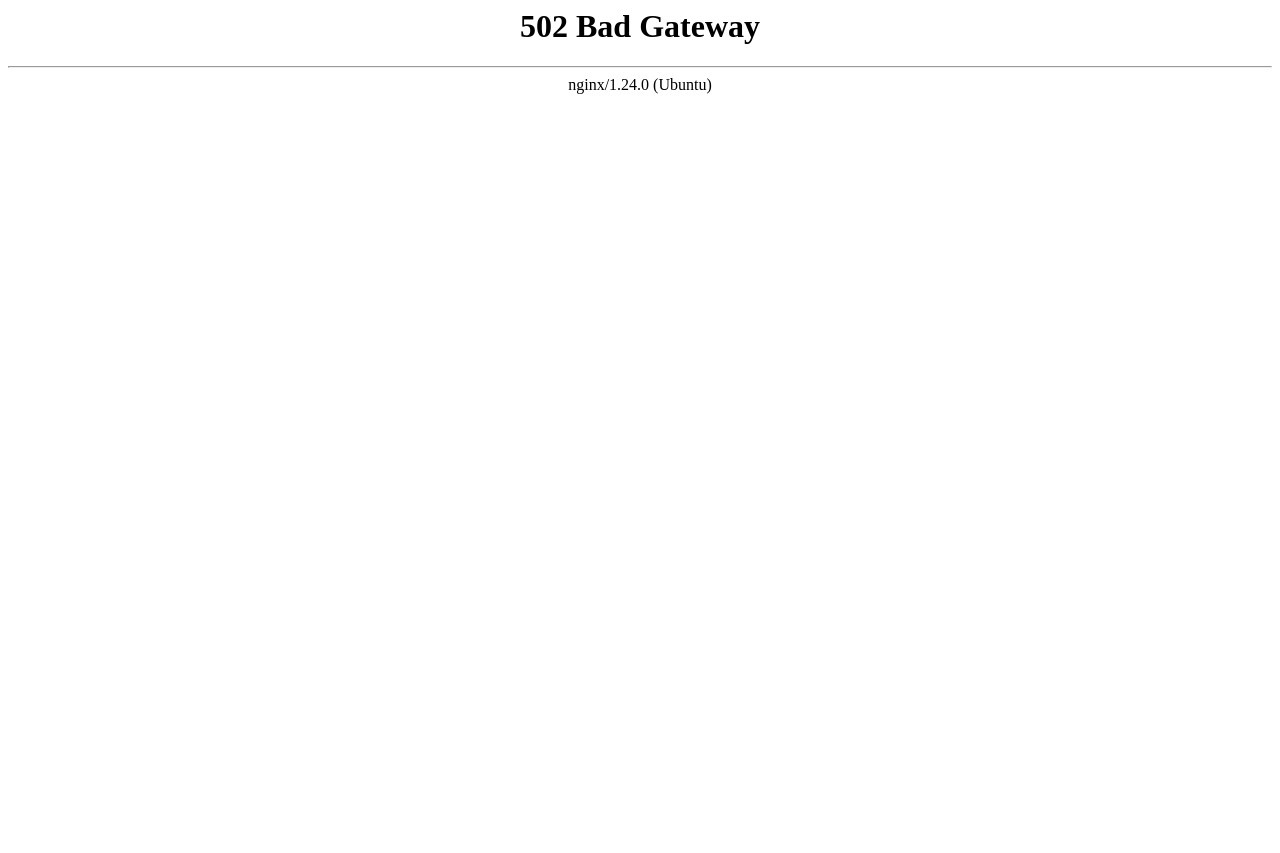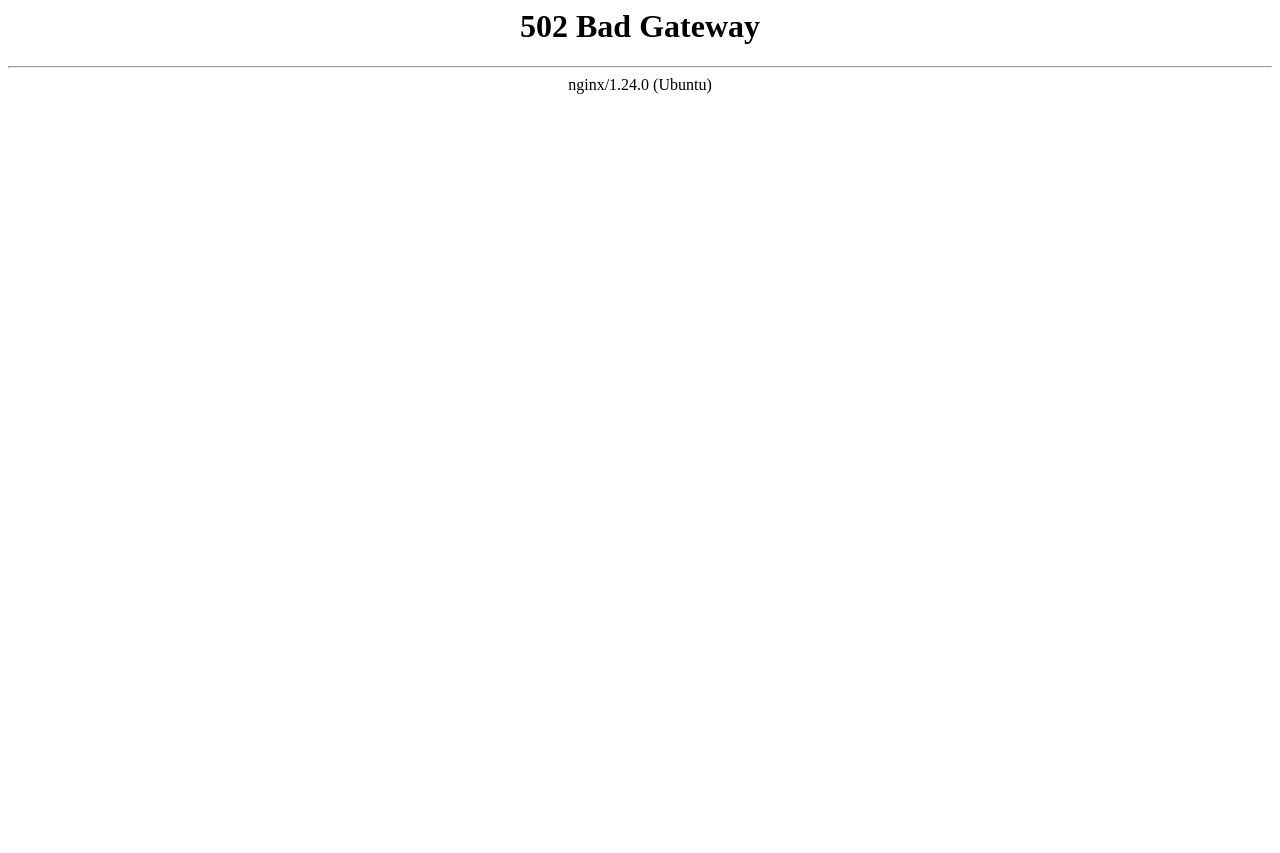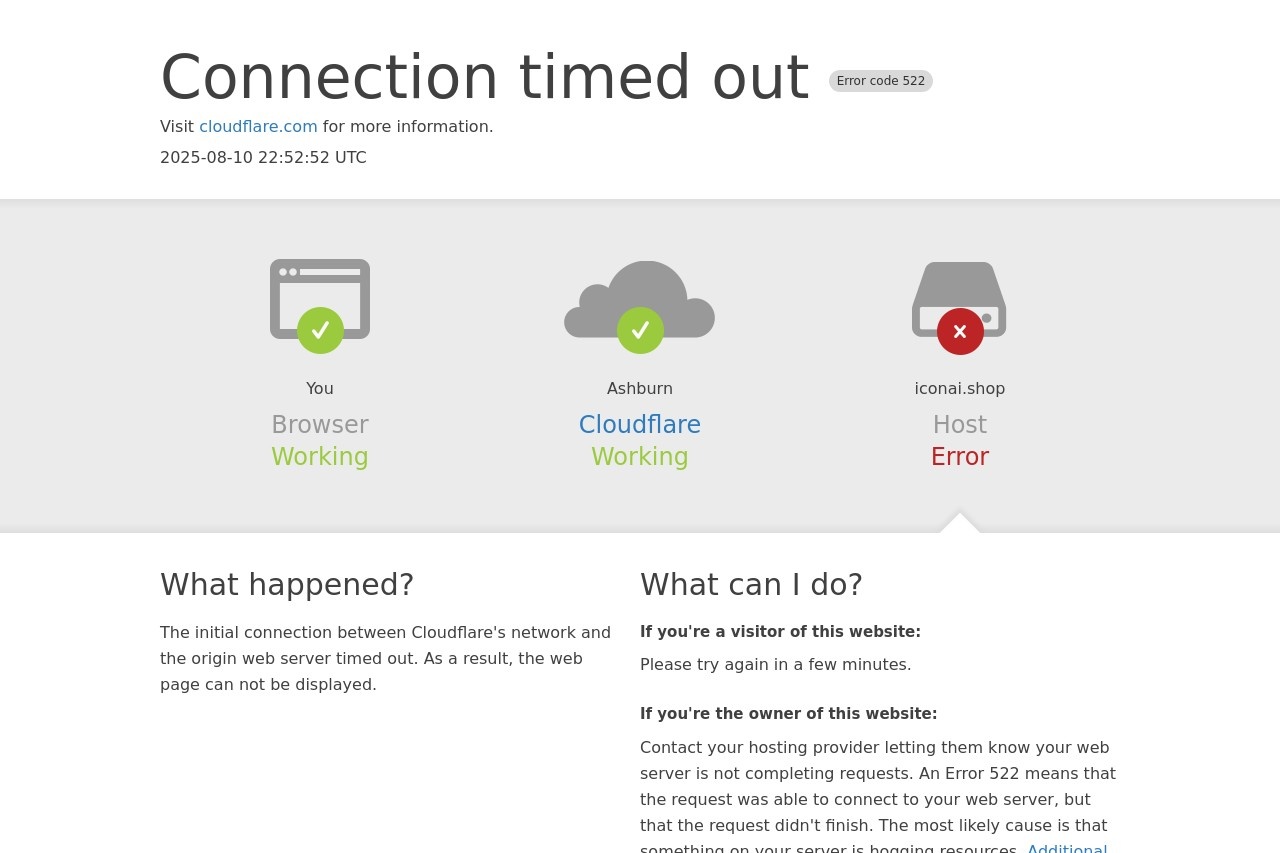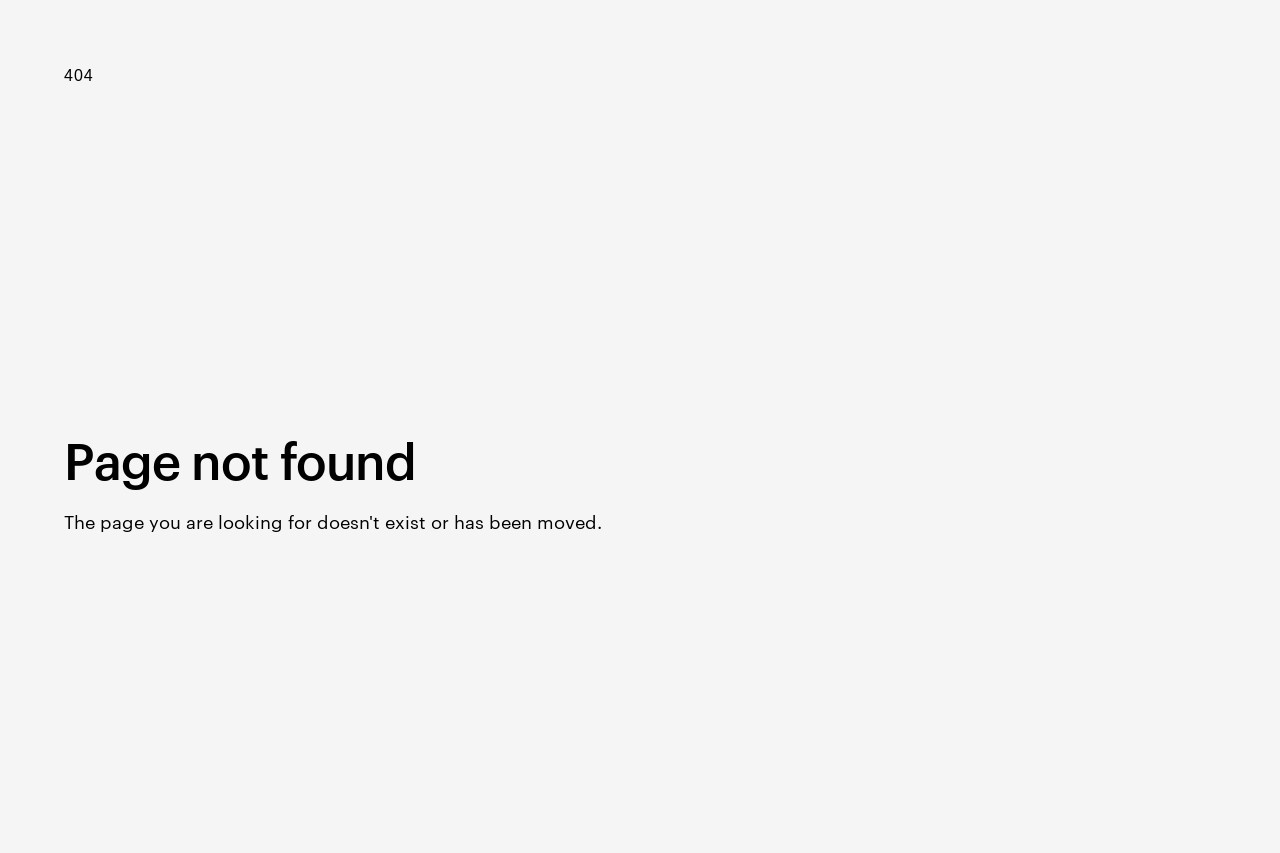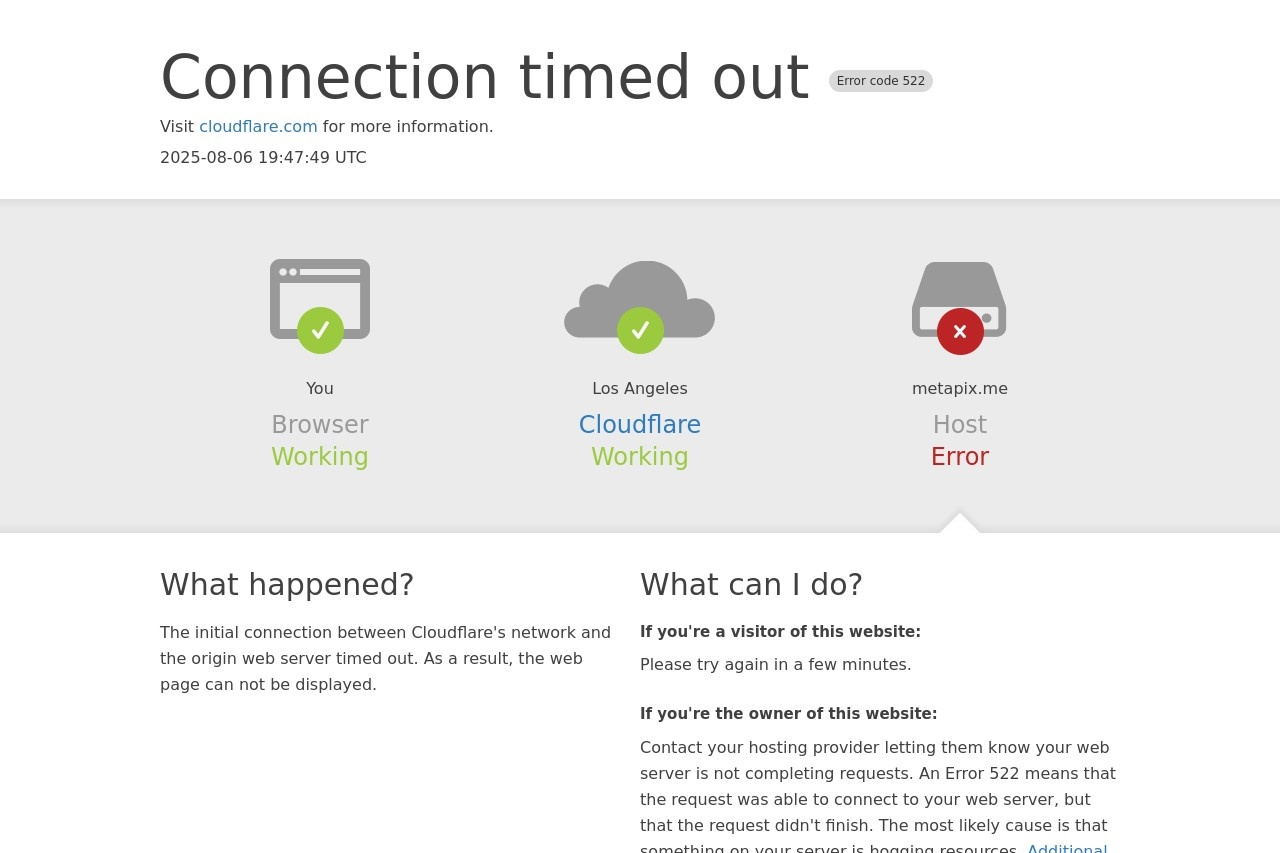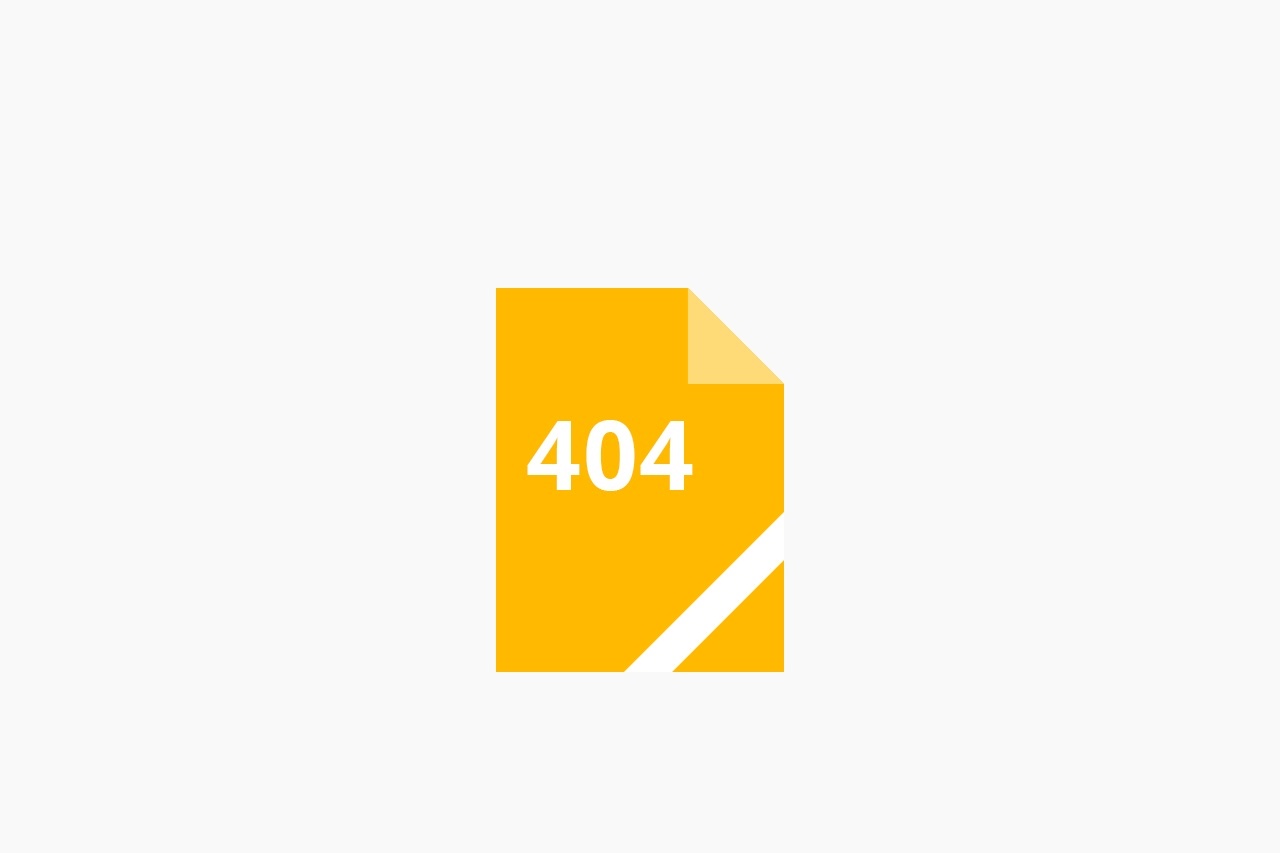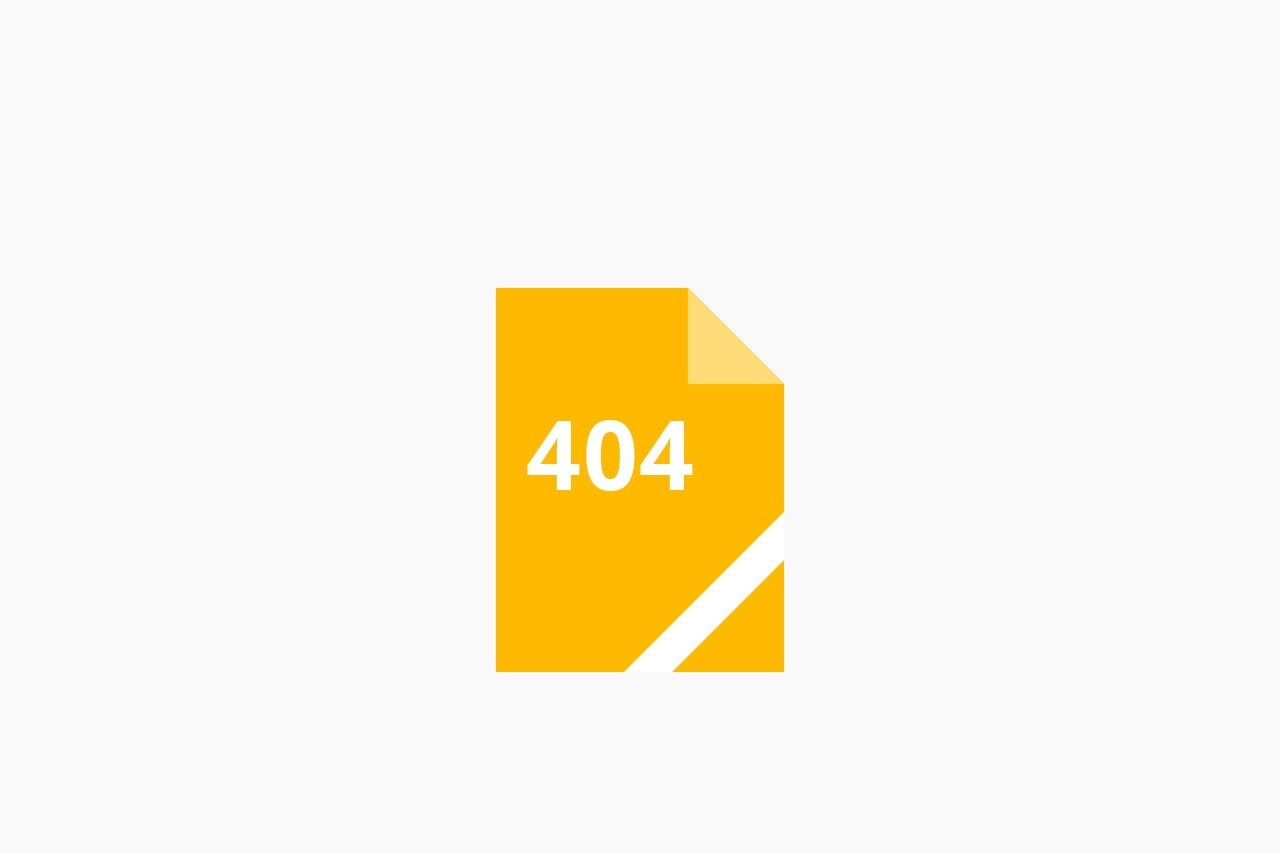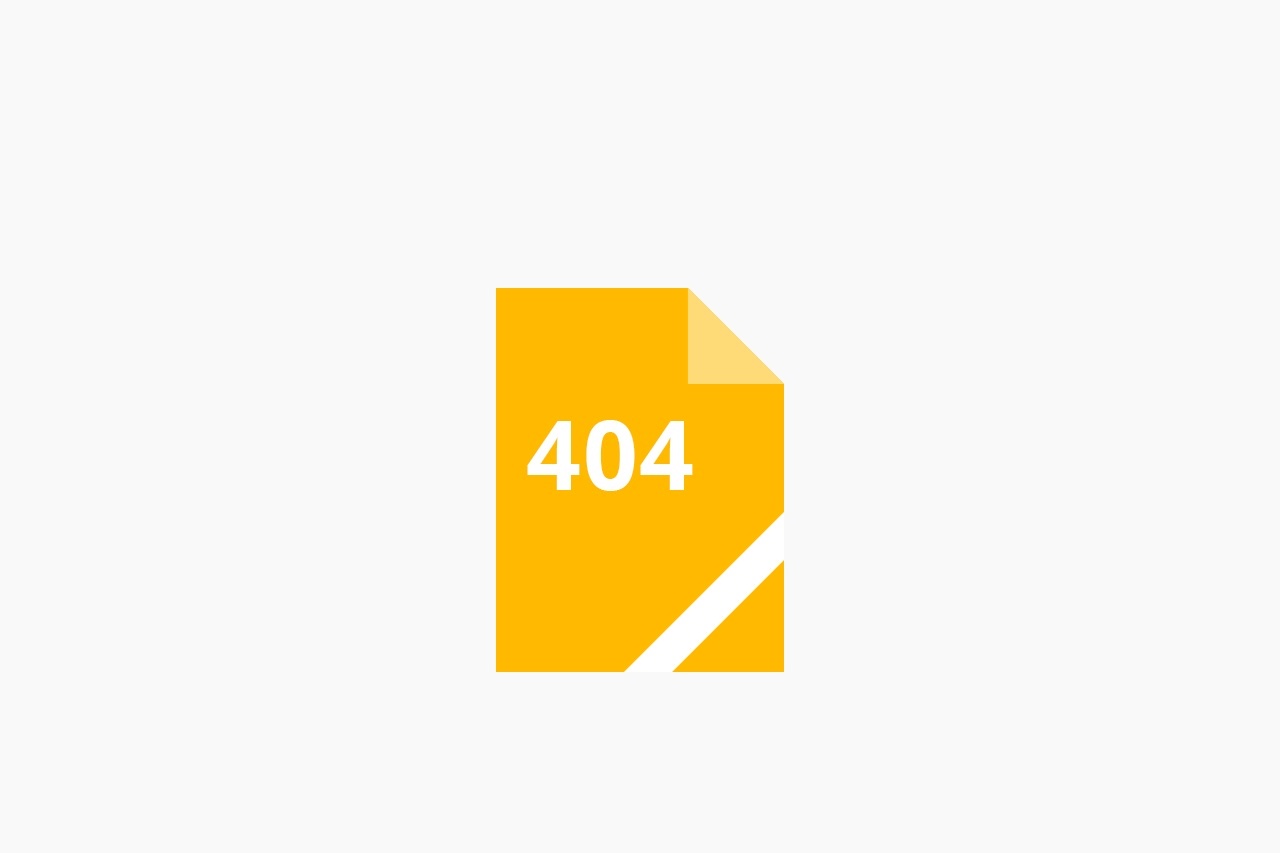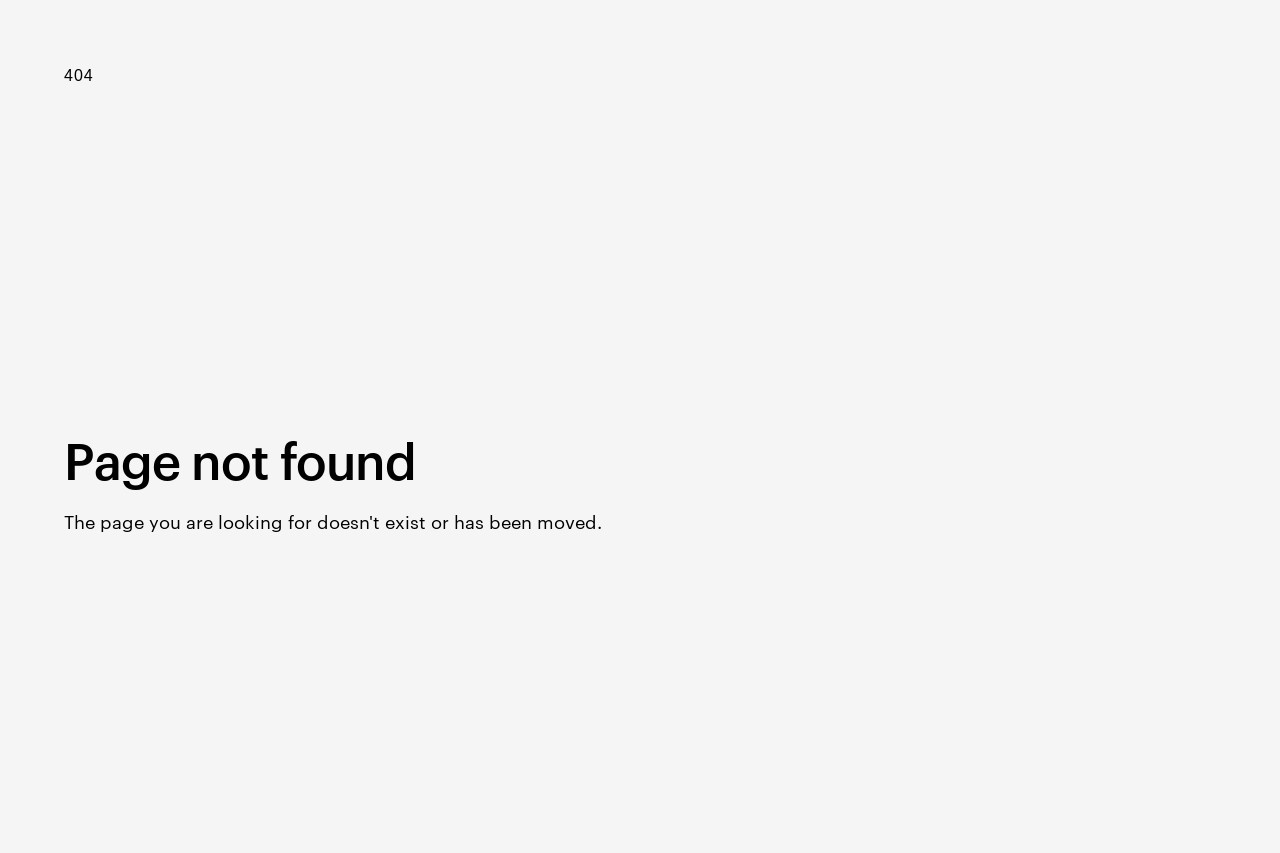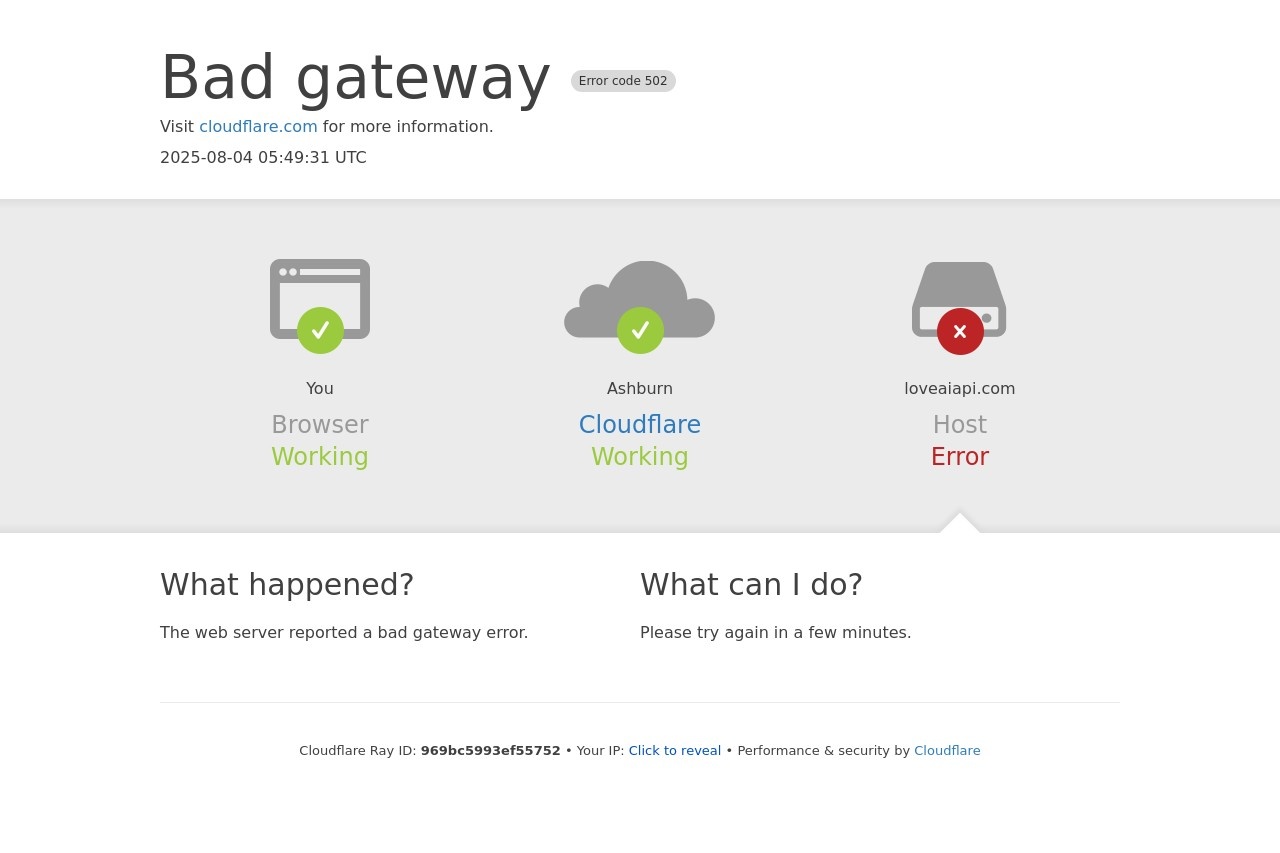503 Server Error
503 Server Error: Understanding the Issue
When you encounter a 503 Server Error, it means the server is temporarily unable to handle your request. This error is part of the HTTP status code family, specifically indicating a service interruption on the server side. Unlike client-side errors (like 404 Not Found), a 503 error is entirely beyond your control as a user.
Common Causes of a 503 Error
- Server Overload: The server may be receiving too many requests at once, exceeding its capacity.
- Maintenance or Updates: The website administrator might be performing scheduled maintenance or upgrades.
- Network Issues: Connectivity problems between the server and its hosting infrastructure can trigger this error.
- Backend Failures: Database crashes, misconfigured scripts, or failed dependencies can render the server temporarily unavailable.
What You Can Do
Since the issue lies with the server, your options as a user are limited, but here are a few steps to try:
- Refresh the page: Sometimes, the error resolves itself quickly.
- Check the website's status: Look for announcements on the site's social media or status pages (e.g., Twitter or status.io).
- Wait and retry later: If the problem is maintenance-related, it may be resolved shortly.
For Website Owners
If you manage the server, investigate the following:
- Review server logs for crashes or resource exhaustion (e.g., CPU/memory limits).
- Verify backend services (databases, APIs) are running.
- Consider scaling resources or enabling a maintenance page during updates.
A 503 error is usually temporary, but if it persists, contacting the website's support team is the best course of action.

